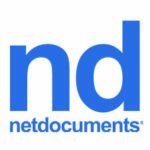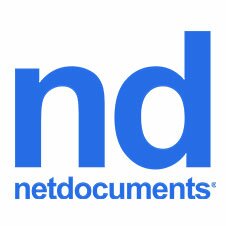NetDocuments: Driving productivity through automation
Manual timekeeping is an activity that’s universally loathed by attorneys, yet it is essential to an efficient revenue pipeline. The principal sins are twofold. There is the work that never makes it on to the timecard in the first place because it’s overlooked, and this particularly happens with smaller tasks done in shorter time periods or work that’s undertaken when the attorney is outside of the office, or outside office hours. This typically happens because there’s a significant time lapse between the work being done and when it gets logged.
Then, there’s the work that’s included on the timecard, but in a fashion that lacks sufficient accuracy and detail. Thus, it attracts close client scrutiny and is at greater risk of write-off. Again, this happens when the attorney’s recollection of exactly what they did, and precisely how long it took them, is vague because there’s been a delay between activity and time logging.
This is poor timekeeping hygiene.
From the firm’s point of view, the problem is compounded by the fact that attorneys habitually underestimate the time taken – rather than risk “overcharging” the client. The term used to describe the time lapse between activity and time entry is “velocity”. There’s an established inverse relationship between velocity and revenue: as velocity comes down, revenue goes up, and vice versa.
In order to drive productivity, greater revenue, and efficiency, the modern law practice must drive utilise automation for its professionals to streamline workflows that allow lawyers to spend more time practising law. It also means accurately and seamlessly measuring billable time from work product.
For NetDocuments users, ZERØ easily integrates to allow for passive time capture on work done on mobile devices. In fact, as J.B., a litigator in an Am Law 100 firm states:
“I receive an average of 10 ECFs (Electronic Court Filings) a day, sometimes 20. No matter where I am, I need to open and read the filing, action it by forwarding it with instructions or file to a matter folder. Each time I do that, it takes about a minute. I can tell you that I never bother recording that time, not even later on. It would take just as long as the time I just spent on the ECF!”
If J.B. spends just 15 minutes a day dealing with these ECFs, it works out to about 60 hours per year.
How would billing an extra 60 hours of work that you have already done, without any admin effort, affect your practice?
Check out ZERØ’s simple revenue calculator where you can see for yourself how many hours and how much revenue you can gain by using their email management tool. Check it out today by clicking here.



